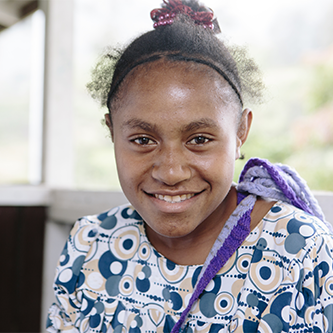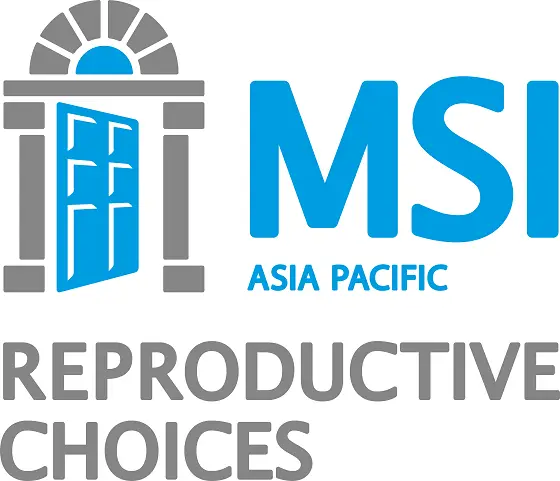We aim to empower young people to choose when or whether they have children, so they can fulfil their potential. Young women (who we define as 25 and under) and adolescent girls (who we define as 15-19 years) are typically less likely to use contraception than older women, and the consequences of them becoming pregnant are often worse.
Globally, this age group represents one-fifth of all people of reproductive age. Not only are young people and adolescents under-represented among users of modern contraception, they are more likely to take drastic measures when faced with an unplanned pregnancy. For every 10 women hospitalised as the result of unsafe abortion, seven are under the age of 20.
As the number of young women who are sexually active but not using contraception continues to grow, it is essential to scale up our services that respond to their needs. We understand that – no matter how available contraception is or how affordable we make it – young people are unlikely to use it if they feel they will be stigmatised or punished for doing so. In many of the countries where we work, conservative attitudes towards premarital sex can make it difficult for young women to even talk about contraception, much less use it.
Menstrual health
Many girls across the world miss school when they have their periods. Poor access to clean water, hygienic toilet facilities and cultural stigma and taboos around menstruation can make it hard for women and girls to manage their periods. We work to educate, reduce stigma and improve access to sexual and reproductive health knowledge, support and services.


Our youth focus
Our country teams target young people by holding youth education sessions, pop up Chat Box stalls at universities and colleges, and Youth Corners to encourage young people to learn about their sexual and reproductive health. We also conduct outreach services to reach young people who would not otherwise have access to sexual health education. In 2022, 2M of MSI’s clients were under 20 years old. We’re proud to help girls stay in school and ensure young women can choose their future paths.
Youth hotlines
We run national youth-friendly contact centres, where young people can call, text, or message via WhatsApp or Facebook and ask any questions about their sexual or reproductive health. The team is equipped to answer concerns about topics from STDs and safe sex to pregnancy and menstruation.


